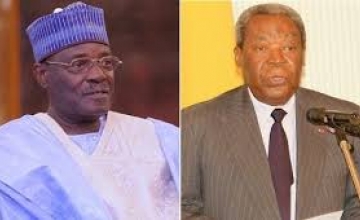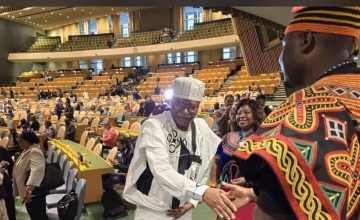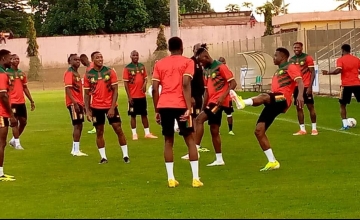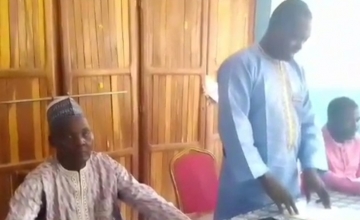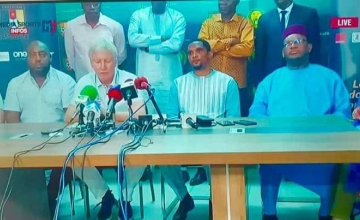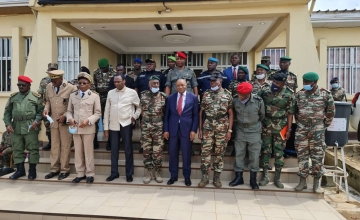
Douala is still in shock after the anti-police riots by bendskin riders last week which left atleast three dead and 100 or more injured including about 40 policemen.
We are glad that the Littoral governor immediately took the matter into his hands to sort out the ugly affair. What he must now do is to come out quickly with his findings. But a lasting solution to these clashes which occur frequently will go beyond who and who are guilty. Like it or not, there is a major institutional fault to deal with.
We think the authorities will have to cope with a fundamental review of what the police do under the guise of traffic control. That seems to us to be where the real problem lies rather than whether it was the police or motorbike rider who first provoked the other.
We have no need to be prejudicial, yet history offers a useful guide to such occasions, many of which have been recorded in the past.
Last week’s incident had the well-known pattern of similar previous incidents. Police on traffic control quickly decide to use their weapon on an unarmed vehicle conductor as a way of disciplining him.
What public authorities must admit and deal with is the glaring shortcoming in the conduct of the police. Police are quick to pick a quarrel with road users particularly those who assert a right. The authorities must also admit regrettably that the police very easily resort to the use of force. That is not a virtue.
The other inescapable point about the police is that they are corrupt, very corrupt indeed. Almost without exception the agents sent out for traffic control are out to enrich themselves and their superiors through extortion from the public.
It is known by public authorities that most of the problems are caused by resistance or refusal by motorists to yield to money demands by police agents.
The problem therefore is what to do about these daily incidents even if they don’t always lead to deaths. What is really at stake is the shameful use of what should be a law enforcement function as a weapon of public extortion.
The practice is so deep-rooted that even when Paul Biya once directed to do away with roadblocks within townships the police returned them in a fortnight. The loss of income during the short period was unbearable! Biya himself was helpless.
To maximise the illicit money collection the very activity of traffic control is undermined. Proof is that very few vehicles get impounded for road unworthiness, or drivers booked either for traffic offences or for invalid documents.
We are told of an experiment recently conducted to prove the above. Within a short afternoon of a few hours a provincial attorney with judicial powers impounded more vehicles, arrested and charged more drivers for offences than was done by police in the three or four previous months in the same locality.
That to us is where the problem lies, and the public knows it. We do recognise a dilemma here. To stop the ugly war between the police and road users across the towns and highways of Cameroon the police must be willing to give up the very lucrative extortion of money from the public.
Given the problem as it is, it serves little purpose to identify and punish individual police culprits. Until the institutional defect is cured the problem will persist.
Therefore curing the police of corruption is the real and ultimate solution to the long history of fatal clashes between the police and road users. Will the authorities admit this?

